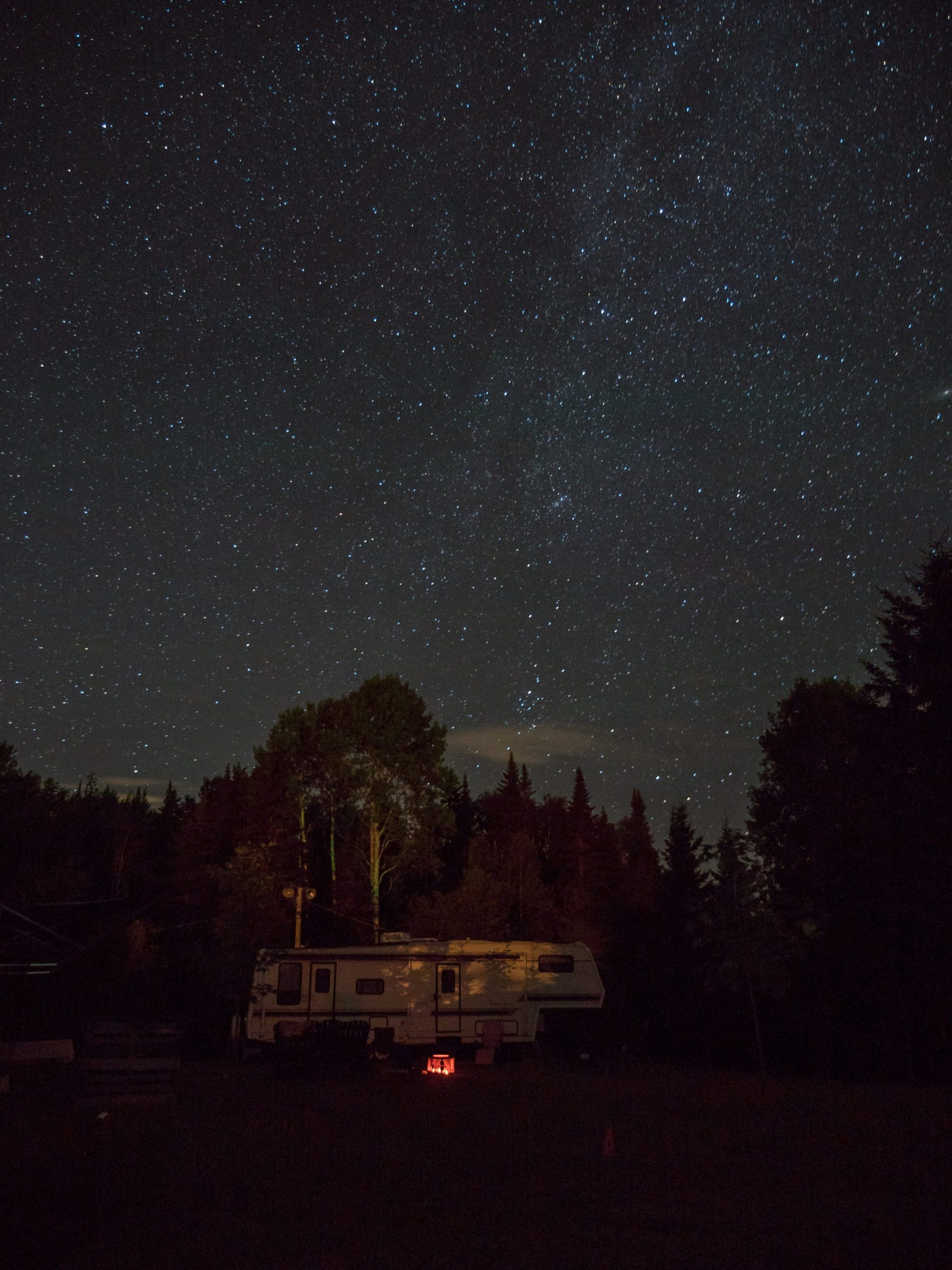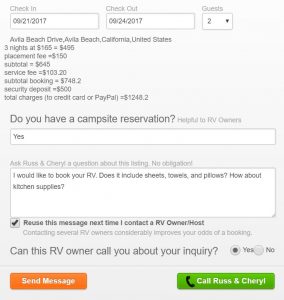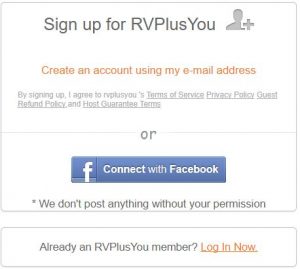Guest Post by Darla Preston.
In today’s world, the RV experience can be anything you want it to be. RV parks now offer amenities that have expanded from hook-ups and laundry facilities to include indulgent perks, such as on-site spas, movie theaters, yacht clubs, golf courses–you name it. On the other side, you have those who want to boondock and forgo even the basic conveniences of modest RV parks in favor of basking in the unbridled beauty and adventure that being immersed in nature offers.
It’s easy to see why boondocking, or dry camping, is so enticing. It’s secluded and helps you to truly escape in nature, allowing for a sense of exhilaration and introspection. While you may not reap the benefits of hook-ups and fancy amenities, boondocking is also generally free.
It’s certainly an appealing way to RV, but because you’ll be distanced from society, it also requires thorough preparation.
If you’re thinking of embarking on your first boondocking RV trek, here are a few tips to help you have a successful trip:
Triple Check Your List
While checking over your list is a helpful part of any type of trip planning, it’s especially important to do so when you’re boondocking. You’ll most likely be far away from stores or other people, and the last thing you want is to get to your destination only to realize you left a critical item behind.
In addition to your traditional RV checklist, there are also things to think about that you wouldn’t necessarily need for a routine trip to an RV park, such as a cell phone signal booster, satellite messenger, or a weather alert radio.
For a more thorough look at some handy boondocking tools, here is a good list.
Pick Your Boondocking Destination Carefully
There are countless boondocking locations that are sure to delight your senses. While it’s tempting to just pick one and hop in your RV, you’ll fare better if you put some thought and research into where you are heading.
If it’s your first time boondocking, consider staying relatively close to home in an area you’re familiar with. This will allow you to adjust to the variables that come with boondocking without throwing you completely out of your comfort zone. As you get more comfortable with off the grid RV camping, you can always expand your territory.
You’ll also want to find out if there are any rules or regulations regarding the land. For example, some locations allow fires, while others may have active fire bans in place. It’s also important to research if the roads leading to a specific site can be accessed by your size of RV, as some roads are quite narrow or obstructed by trees.
Another thing to consider is what kind of wildlife is in the area. This can help you minimize the chance of an encounter as well as ensure you are prepared if one does occur. For instance, if there are bears around, it’s best to remain extra cautious about leaving food out or letting your dog roam around. It is also wise to bring a can of bear spray with you.
Find Ways to Stay Cool
When temperatures heat up, it’s easy to feel miserable in the heat. Running the AC for long periods of time isn’t practical when you’re trying to conserve power, so it’s important to find alternative ways to stay cool, such as:
- Create shade with a tarp or a high-quality RV awning. This will allow you to enjoy being outside while shielding you from intense sun rays.
- Try to find a destination that has an ample amount of trees so that you can park in the shade.
- Use window shades and window awnings to block the sun from entering your RV and heating it up.
- Putting reflective insulation over the windows can reflect the sun away from RV, helping to keep it cool.
- Invest in battery-powered fans so that you can create a breeze without the need to use any power from your RV.
- Orient your RV so that the side with the most windows sits in the shade. Then open the shaded windows while keeping the sun-facing windows closed. This will help keep cool air inside while keeping warm air out.
Remain Mindful of Your Water Supply
Unlike when setting up camp at an RV park, you won’t have access to unlimited water when you’re dry camping. This is why it’s important to be especially mindful of your water supply.
Between drinking, washing dishes, showering, and flushing, your water supply can dwindle quickly. How much water you need will depend on how many people (and pets) will need to drink, how long you will stay, and how often you plan to use water for non-drinking purposes.
It’s commonly stated that a person should drink eight 8-ounce glasses of water per day, but depending on how hot it is outside and how active you are, you may need more. To stay safe and to help conserve water in your tank, always bring extra drinking water with you. 5-gallon water jugs are inexpensive to refill, and many RVers take these with them when boondocking. When it comes to water, it’s always better to have more than you need.
Additionally, you can utilize common water conservation tips, such as:
- Take a quick bird bath instead of a lengthy shower.
- Don’t leave water running when brushing your teeth.
- Avoid making meals that require extensive dishwashing. Always wipe dishes off with paper towels first to minimize the amount of water needed to clean them.
- Utilize hand-sanitizing wipes to reduce how often you need to run the faucet.
Tell Someone Where You Will Be Going
Because it’s common for boondocking destinations to lack cell phone service, it’s a good idea to tell a friend or family member where you’ll be and when they can expect to hear from you.
This way, if something went wrong where you needed help, such as if your RV broke down and you were stranded, someone would realize you weren’t back and would be able to point help in the right direction.
Know What to Do During an Emergency
RVing out in the middle of nowhere offers the ability to truly retreat from everyday stresses, but the solitude also means there probably won’t be anyone around to help if you were to experience an emergency or mechanical failure.
Having an emergency plan while boondocking is important. As mentioned above, investing in a satellite messenger that allows you to reach out for help even if you’re in a remote location with no cell service is ideal.
It’s also a good idea to research the area you’ll be staying in and note what the nearest place to access emergency services would be. Remember, the more prepared you are for the unexpected, the greater your peace of mind will be.
Closing Up
When you’re boondocking for the first time, it’s always best to take it slow and think ahead. Dry camping is a wonderful way to tune out the world and absorb the majestic essence of nature, but it’s important to make sure the trip is well-prepared and thought out.
The more details you iron out in advance, the less likely you are to experience anything but an extraordinary adventure.










